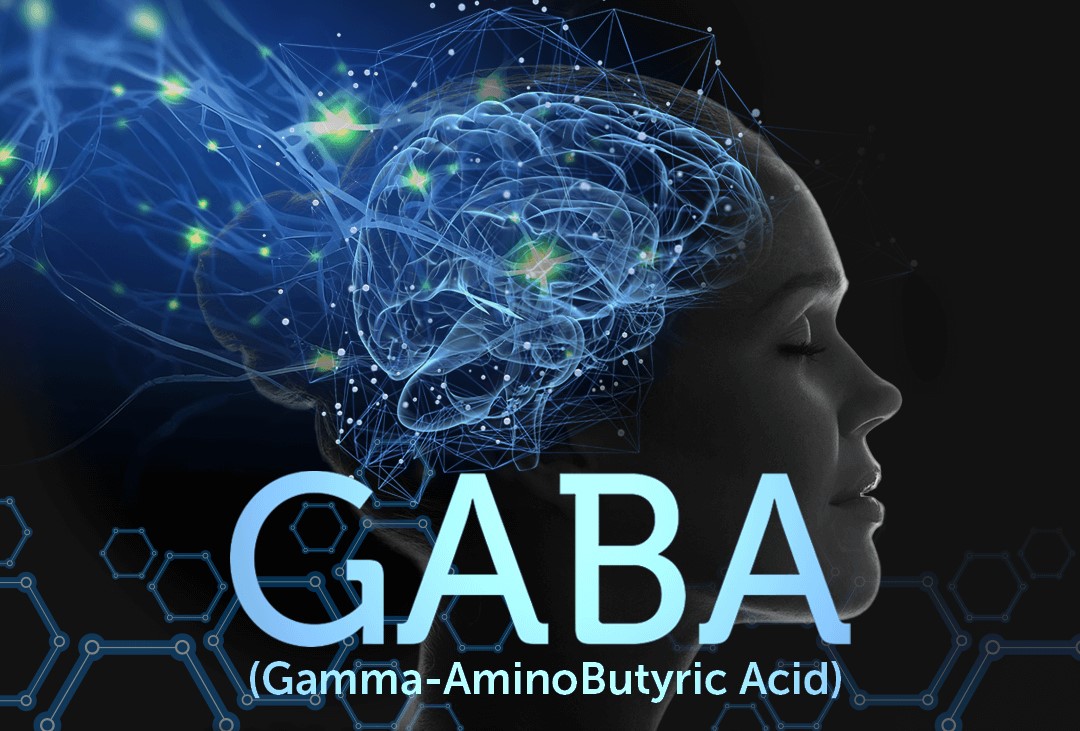
GABA: The Brain’s Calming Neurotransmitter and Its Impact on Health
In the fast-paced world of 2025, stress and anxiety are common challenges that affect millions of people. But did you know that a naturally occurring chemical in your brain, called GABA (Gamma-Aminobutyric Acid), plays a critical role in helping you stay calm, focused, and healthy? At our company, we’re dedicated to advancing health through science, and today, we’re diving into the fascinating world of GABA—its effects on the brain, its benefits for overall health, and how cutting-edge research is unlocking its potential for new therapies.
What is GABA?
GABA is the brain’s primary inhibitory neurotransmitter, meaning it acts like a brake to slow down or calm nerve activity. Think of it as the brain’s natural “chill pill.” It works in harmony with excitatory neurotransmitters like glutamate to maintain balance in the nervous system. When GABA levels are optimal, it promotes relaxation, reduces stress, and supports healthy brain function. But when GABA levels are low or its activity is disrupted, it can lead to issues like anxiety, insomnia, and even certain neurological disorders.
Found naturally in the brain and in small amounts in certain foods (like fermented products), GABA is a key player in mental and physical well-being. Let’s explore how it impacts your health and why it’s a hot topic in pharmaceutical research.
How GABA Affects the Brain
GABA’s primary role is to regulate nerve cell activity, ensuring the brain doesn’t become overexcited. Here’s how it works in the brain:
- Promotes Relaxation: GABA binds to receptors on nerve cells, reducing their activity and creating a calming effect. This is why it’s often associated with feelings of tranquility and stress relief.
- Supports Sleep: By calming overactive brain signals, GABA helps you fall asleep faster and enjoy deeper, more restorative sleep. Low GABA levels are linked to insomnia and restless nights.
- Reduces Anxiety: Studies show that GABA activity is lower in people with anxiety disorders. Boosting GABA function may help alleviate symptoms of anxiety and promote emotional balance.
- Improves Focus and Cognition: By maintaining a balance between excitatory and inhibitory signals, GABA supports clear thinking and mental clarity, which is crucial for focus and decision-making.
GABA’s Broader Health Benefits
Beyond the brain, GABA influences overall health in surprising ways:
- Stress Management: By calming the nervous system, GABA helps mitigate the physical effects of stress, such as elevated heart rate and muscle tension.
- Blood Pressure Regulation: Some research suggests GABA may help lower blood pressure by relaxing blood vessels, supporting cardiovascular health.
- Pain Relief: GABA’s calming effects may reduce the perception of pain, particularly in conditions like chronic pain or fibromyalgia.
- Immune System Support: Chronic stress weakens the immune system, but GABA’s stress-reducing properties may indirectly bolster immune function.
GABA and Modern Medicine: What’s New?
We’re excited about the potential of GABA-based therapies. Researchers are exploring how modulating GABA activity can lead to breakthroughs in treating conditions like:
- Anxiety and Depression: Drugs that enhance GABA receptor activity, such as benzodiazepines, are already used for anxiety, but new, safer options with fewer side effects are in development.
- Epilepsy: Low GABA levels are linked to seizures. Medications that boost GABA function are critical in managing epilepsy, and we’re working on next-generation treatments.
- Sleep Disorders: Novel GABA-targeted therapies aim to improve sleep quality without the dependency risks of traditional sleep aids.
- Neurodegenerative Diseases: Emerging research suggests GABA may play a role in protecting brain cells in conditions like Alzheimer’s and Parkinson’s.
Our labs are investigating innovative ways to enhance GABA’s effects, from developing new medications to exploring natural compounds that support GABA production. For example, clinical trials are underway to test molecules that target GABA receptors with greater precision, offering hope for patients with complex neurological conditions.
How to Support Healthy GABA Levels
While pharmaceutical advancements are exciting, there are also natural ways to support GABA function in your daily life:
- Eat GABA-Boosting Foods: Fermented foods like kimchi, miso, and yogurt contain small amounts of GABA or support its production.
- Exercise Regularly: Physical activity, especially yoga and meditation, has been shown to increase GABA levels and promote relaxation.
- Prioritize Sleep: A consistent sleep schedule helps maintain healthy GABA activity, creating a positive feedback loop for better rest.
- Manage Stress: Practices like mindfulness and deep breathing can enhance GABA’s calming effects.
- Consult Your Doctor: If you’re struggling with anxiety, insomnia, or other symptoms of low GABA, talk to your healthcare provider about potential treatments or supplements.
Note: Always consult a healthcare professional before starting any supplements or medications, as GABA supplements may interact with other treatments.
The Future of GABA Research
As we look to the future, GABA remains a cornerstone of neuroscience and pharmaceutical innovation. We’re committed to unlocking the full potential of this remarkable neurotransmitter to improve lives. From developing targeted therapies to educating the public about brain health, we’re passionate about making a difference—one calm, clear thought at a time.
Stay tuned for updates on our latest research and breakthroughs in GABA-based treatments. Have questions about GABA or brain health? Drop us a comment below or reach out to our team. Together, let’s build a healthier, happier future!
Disclaimer: This blog post is for informational purposes only and does not constitute medical advice. Always consult a qualified healthcare provider for personalized guidance.